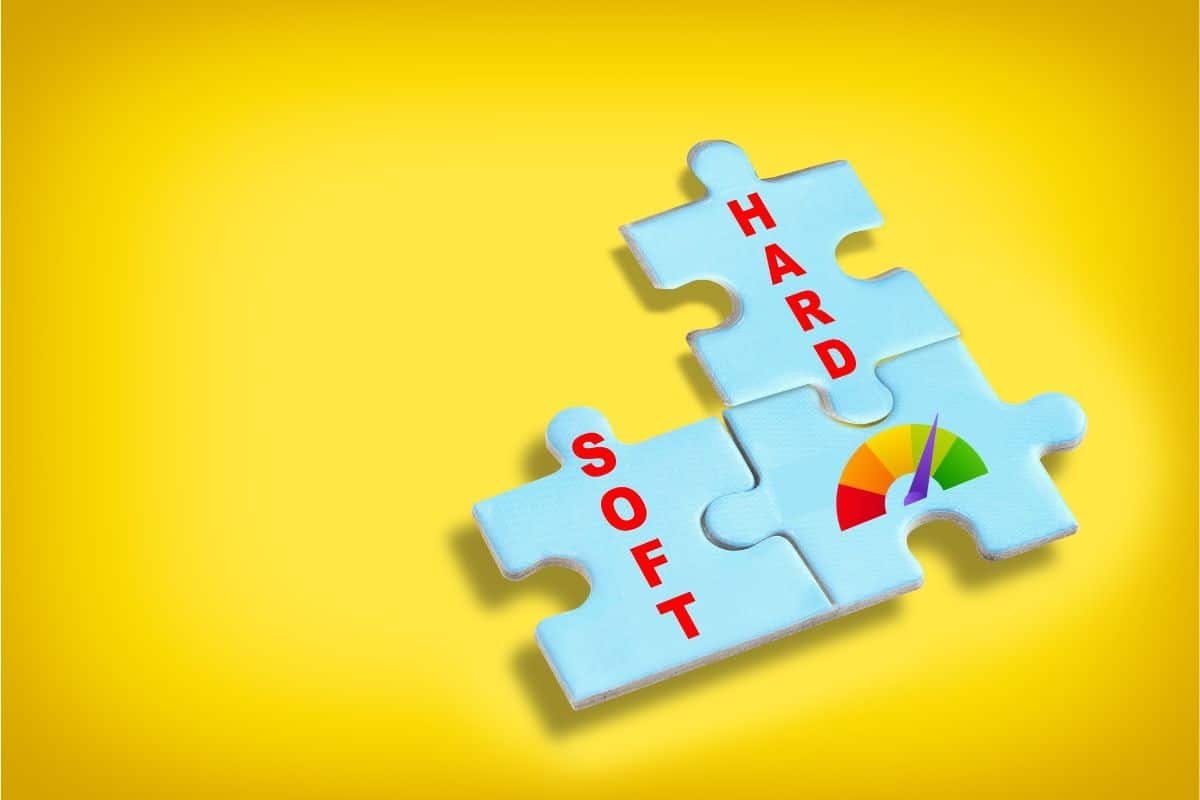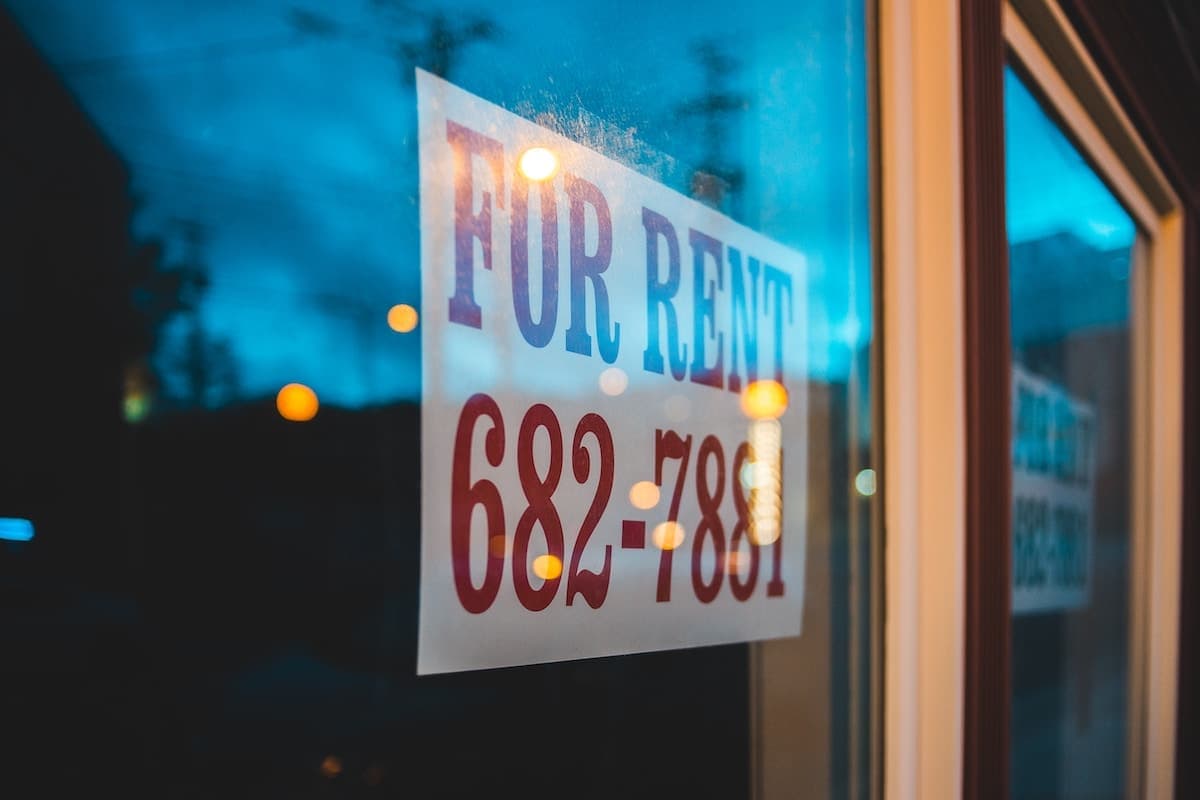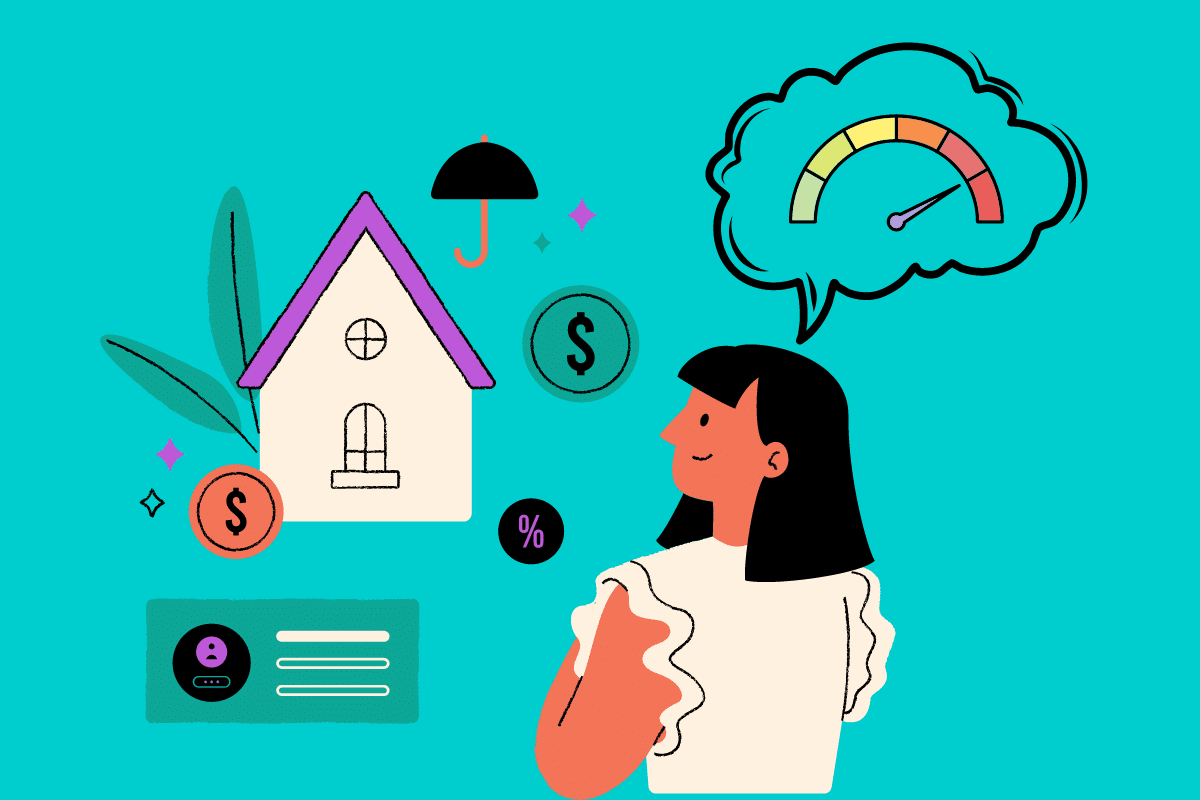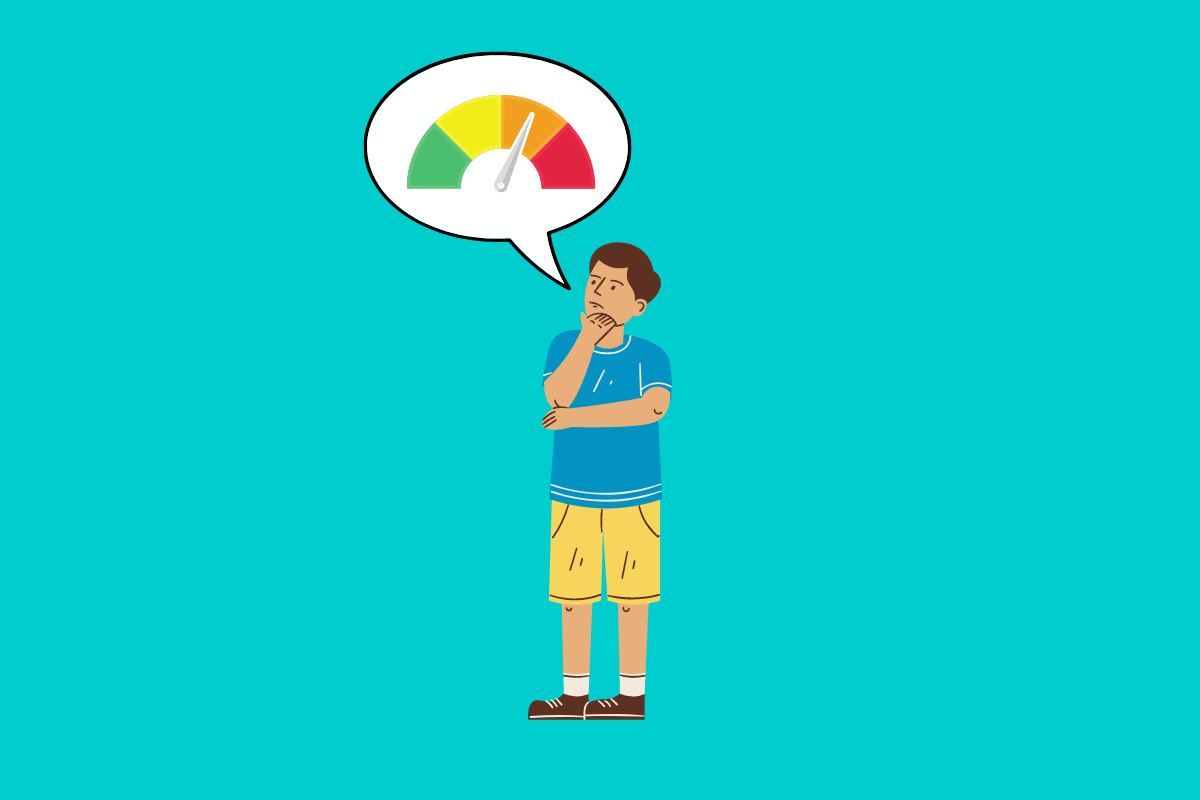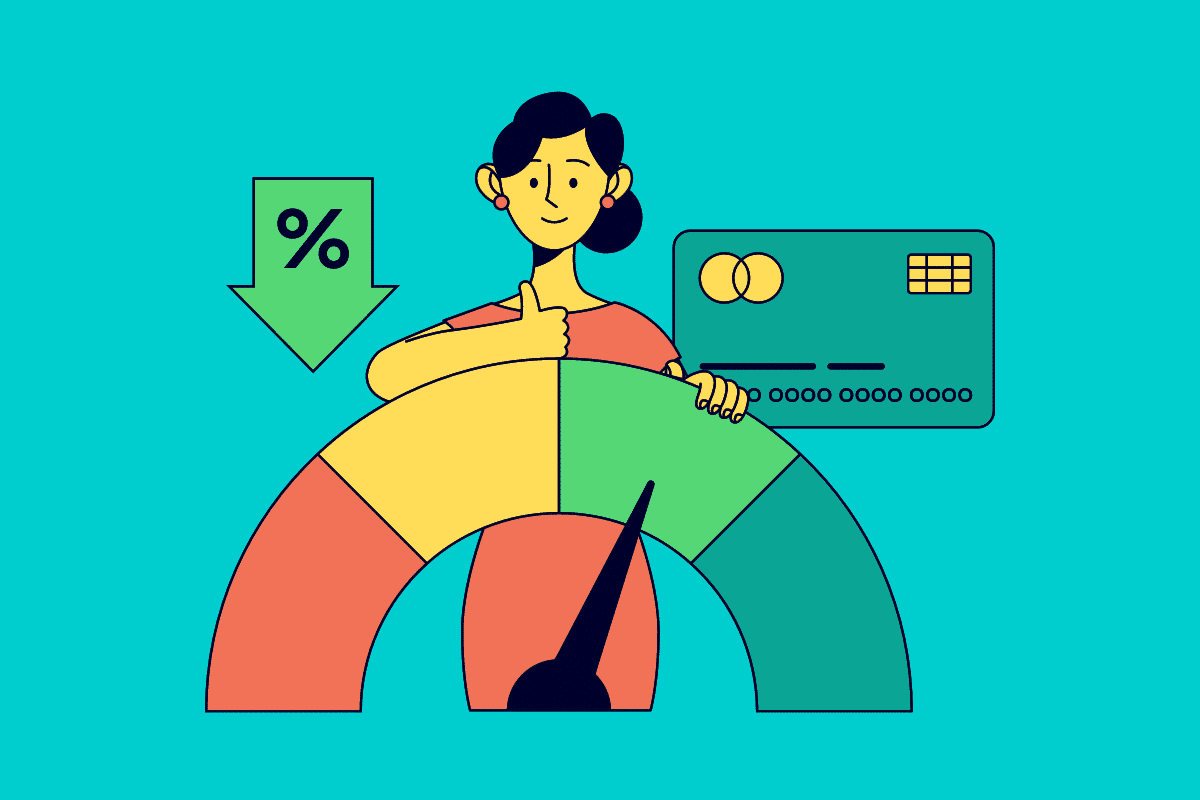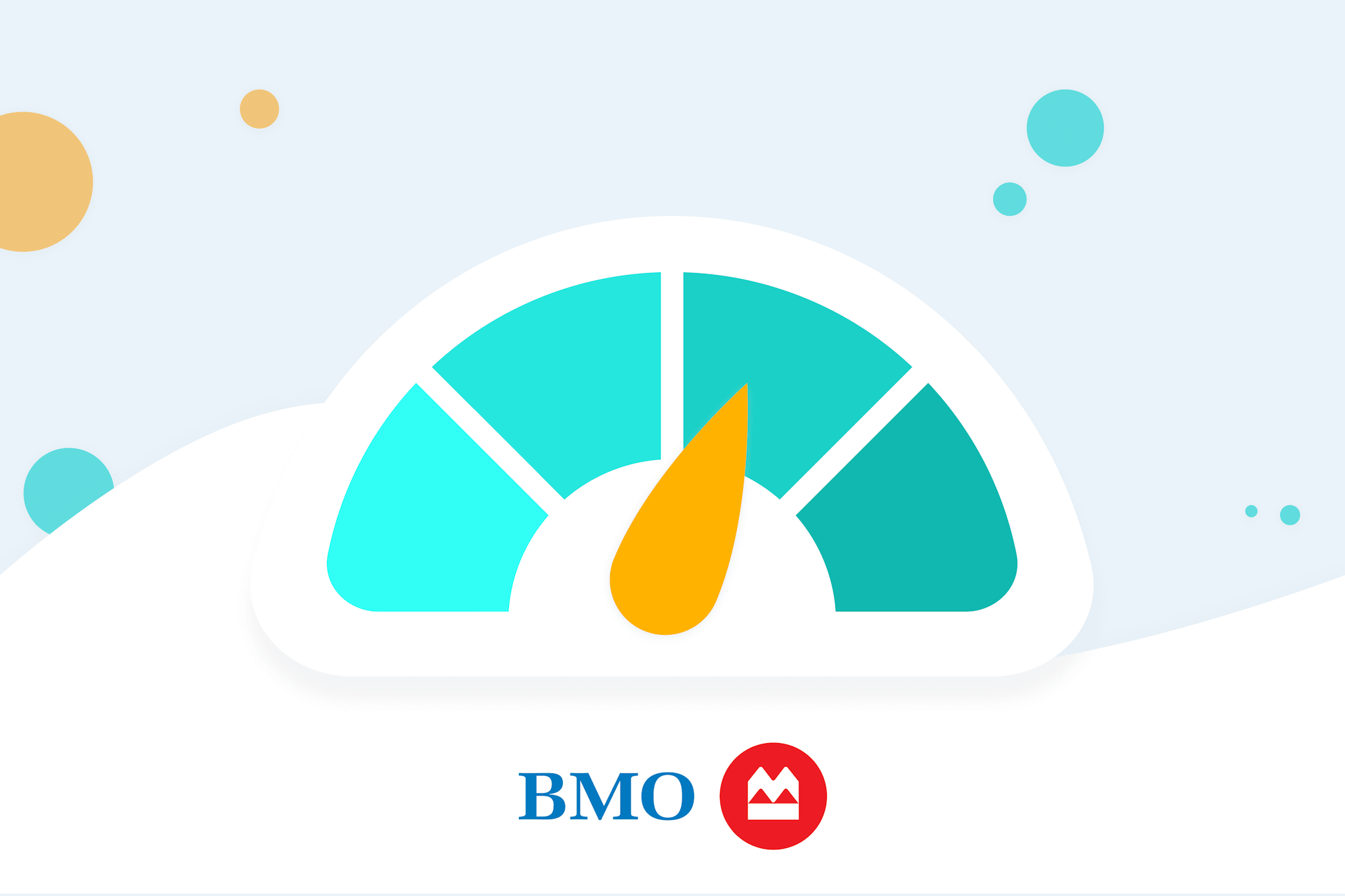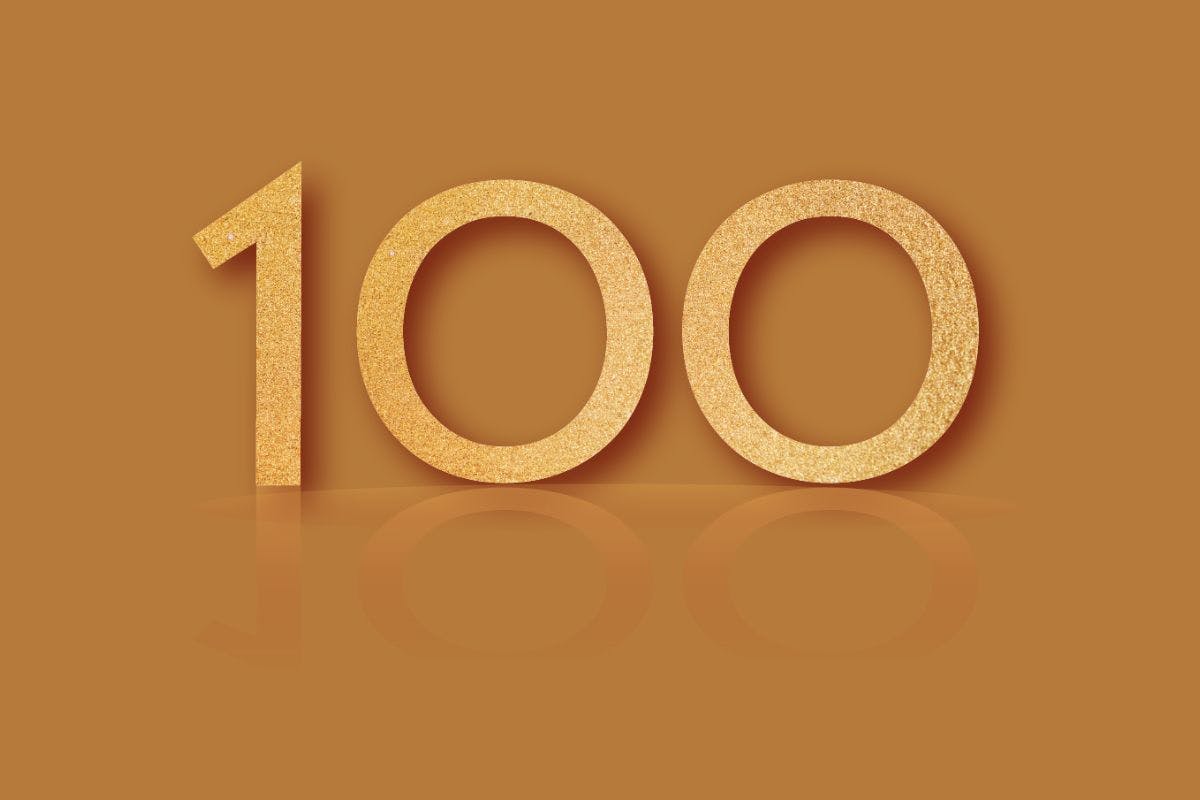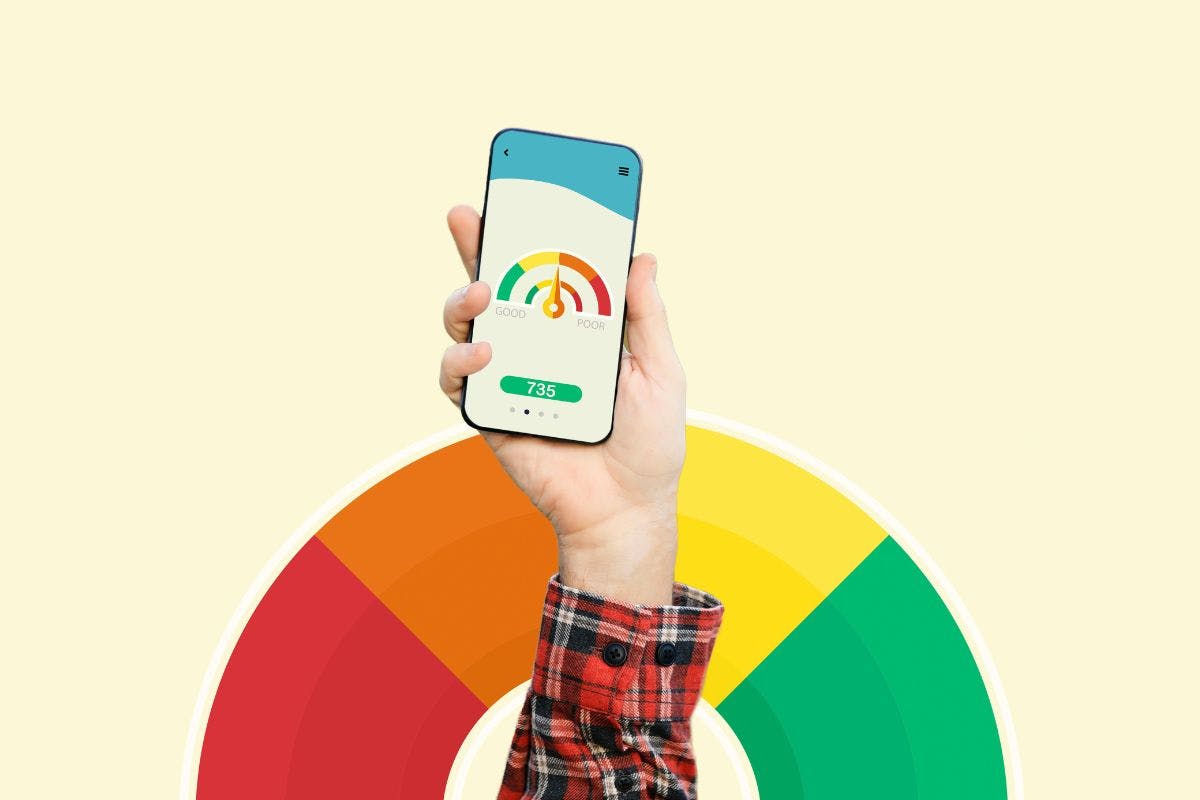Credit score
If you want to improve your credit score or credit rating, learn to understand your Equifax or Transunion credit report, or to get a lower interest rate on your next loans, then you've come to the right place.
Popular articles about Credit Score

11 Ways to Get Your Credit Score for Free in Canada
Maude Gauthier - 03 Apr 2024
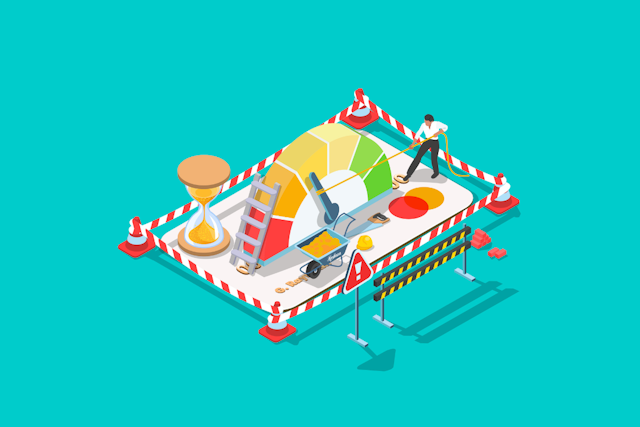
The 6 Best Credit Cards to Build Your Credit in Canada in 2024
Meagen Seatter - 22 Apr 2024
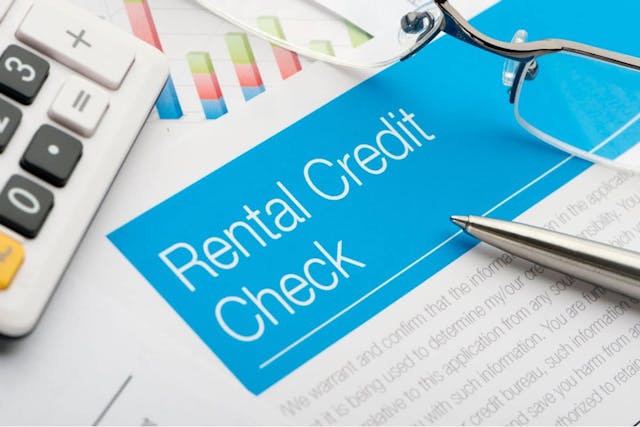
Rental Credit Checks in Canada: What You Need to Know
Arthur Dubois - 19 Jul 2023

How to Rent a Car in Canada Without a Credit Card in Canada
Arthur Dubois - 11 Jun 2023
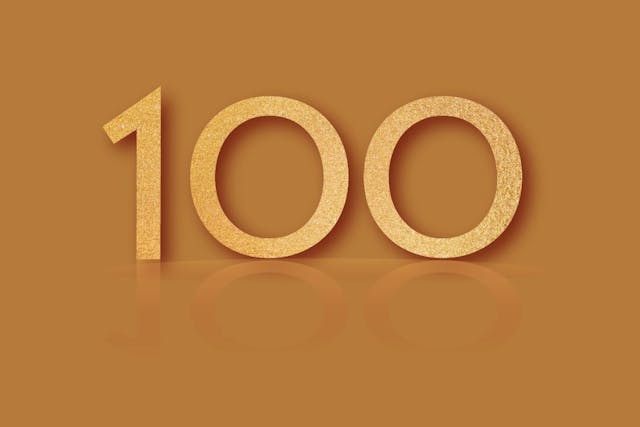
How to Raise Your Credit Score by 100 Points in Canada
Maude Gauthier - 20 Feb 2024
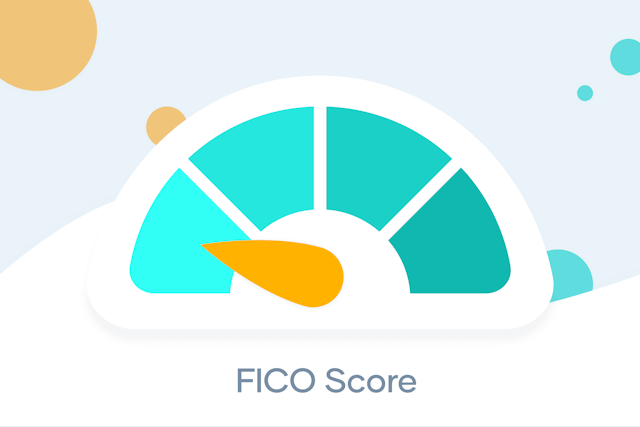
FICO Credit Score in Canada: What Is It and Why Does It Matter
Arthur Dubois - 26 Jul 2023

Credit Repair Companies in Canada: Their Operation, Their Costs and Everything You Need to Know
Maude Gauthier - 20 Feb 2024

How to Live Without a Credit Card in Canada
Heidi Unrau - 04 Aug 2023
Frequently asked questions about credit score
How can I get my free credit report?
There are multiple ways to obtain your credit report for free in Canada. The most common way is to request a free credit report from the two main credit reporting agencies in Canada, Equifax and TransUnion. If you are a customer of RBC, Desjardins, BMO or CIBC, these banks have also partnered with these agencies to offer free reports to customers. Alternatively, you can also use the services of fintech providers such as Borrowell, Mogo and CreditKarma.




